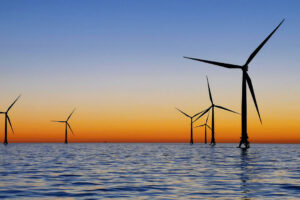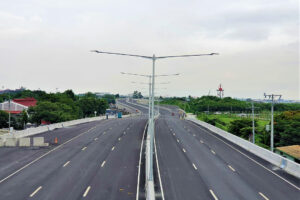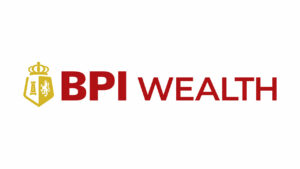DoE expects offshore wind rules to help bring down power rates

THE Department of Energy (DoE) said its policy framework for offshore wind (OSW) projects is ultimately expected to accelerate the industry’s development while reducing power rates.
This offshore wind policy and administrative framework identifies seven priority activities to accelerate the roll-out of projects, the DoE said in a statement.
The framework includes “a set of rules and procedures for permitting agencies with respect to the issuance of permits and licenses for OSW projects,” it added.
The DoE said the goal is “streamlined, effective and efficient permitting activity” that will lower the development costs of offshore wind resources which in turn will lower electricity rates.
The framework proposes the establishment of the Philippine Offshore Wind Databank to house all submitted information and documents on offshore wind projects.
The framework calls for a review of current DoE guidelines on the awarding of offshore wind energy service contracts; a requirement on the network service provider to prepare a smart and green grid plan; and the drafting of foreshore lease regulations for the transmission system serving OSW projects.
The framework also directs the Philippine Ports Authority to prepare a long-term port development plan to accommodate vessels servicing the industry and ensure the security of offshore wind projects.
To date, the department said it had awarded 66 offshore wind contracts with a combined potential capacity of 53.85 GW, which it deems sufficient to service the country’s future energy demand.
Under the Philippine Offshore Wind Roadmap, the Philippines has a potential capacity of 178 GW from offshore wind resources. This is expected to help the Philippines meet its goal of increasing the share of renewables to 35% of the energy mix by 2030 and 50% by 2040.
Last month, the DoE issued the implementing rules and regulations for Executive Order 21, which governs offshore wind development.
The DoE will harmonize and streamline the process by integrating the processes in its Energy Virtual One-Stop Shop (EVOSS).
EVOSS is the DoE’s current system for expediting the processing of applications for energy projects. — Ashley Erika O. Jose




